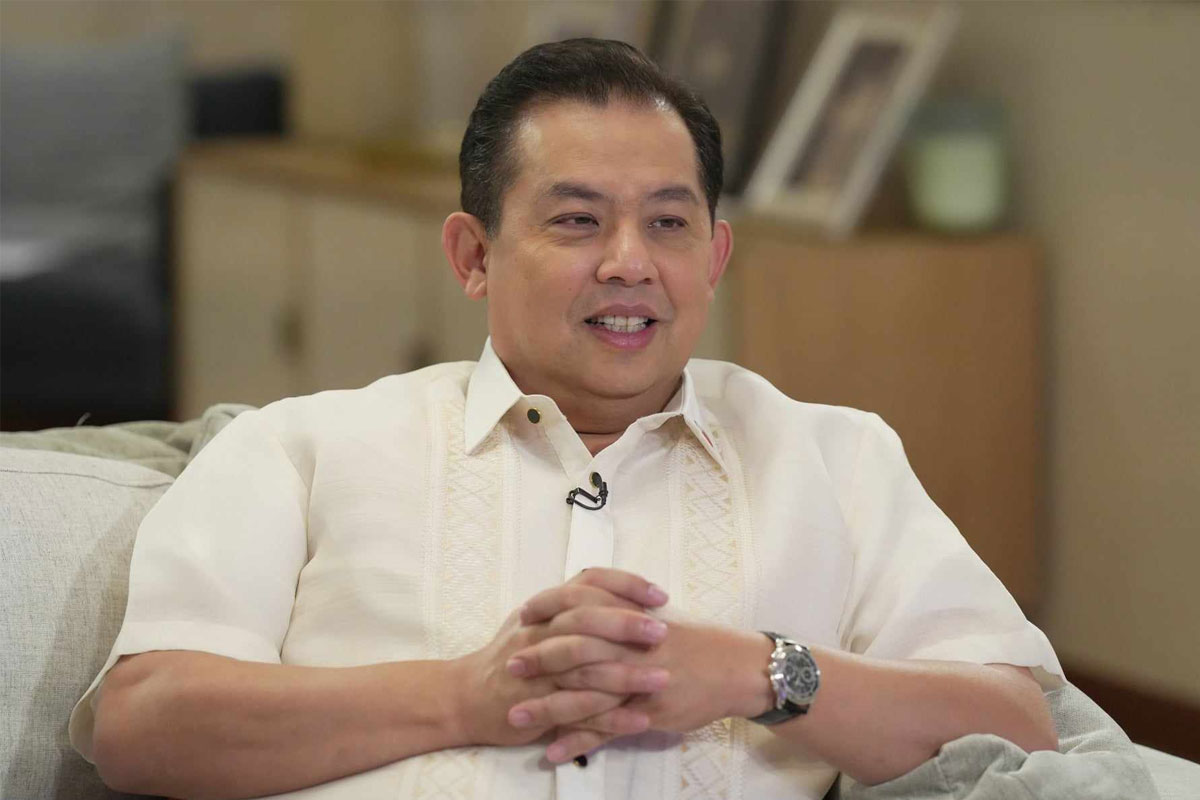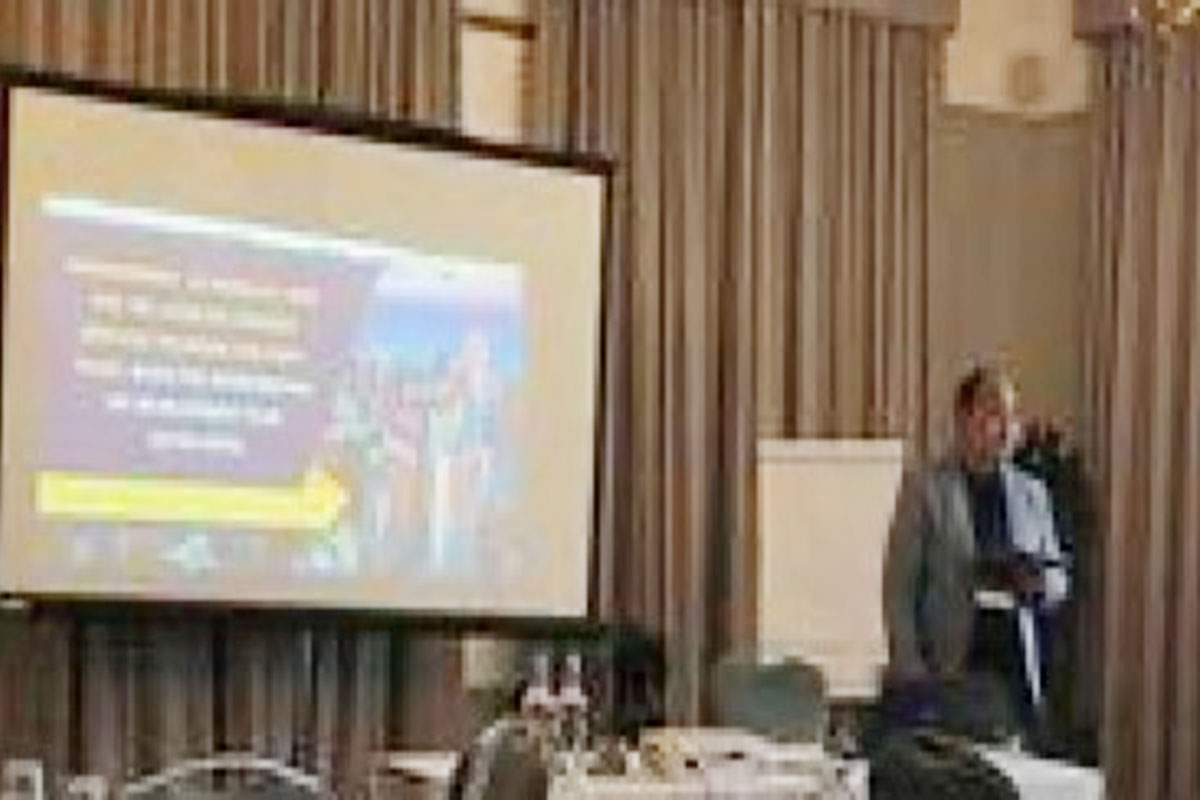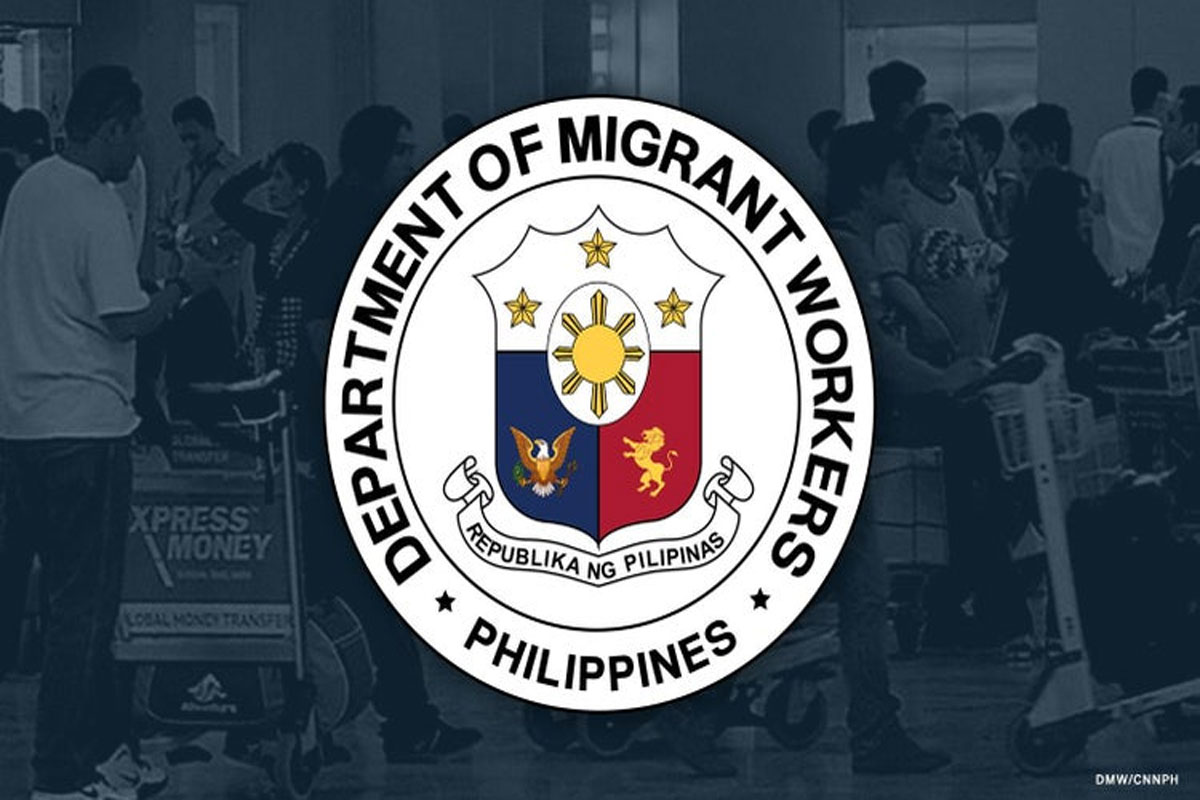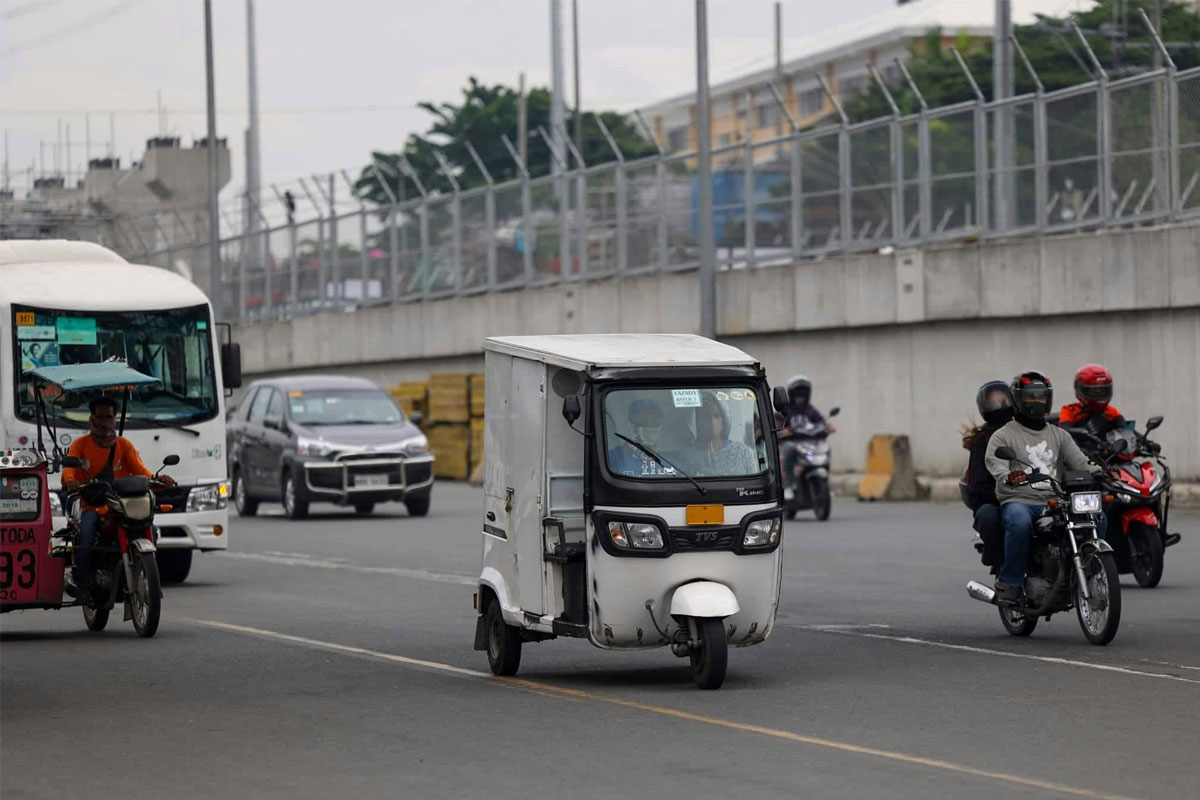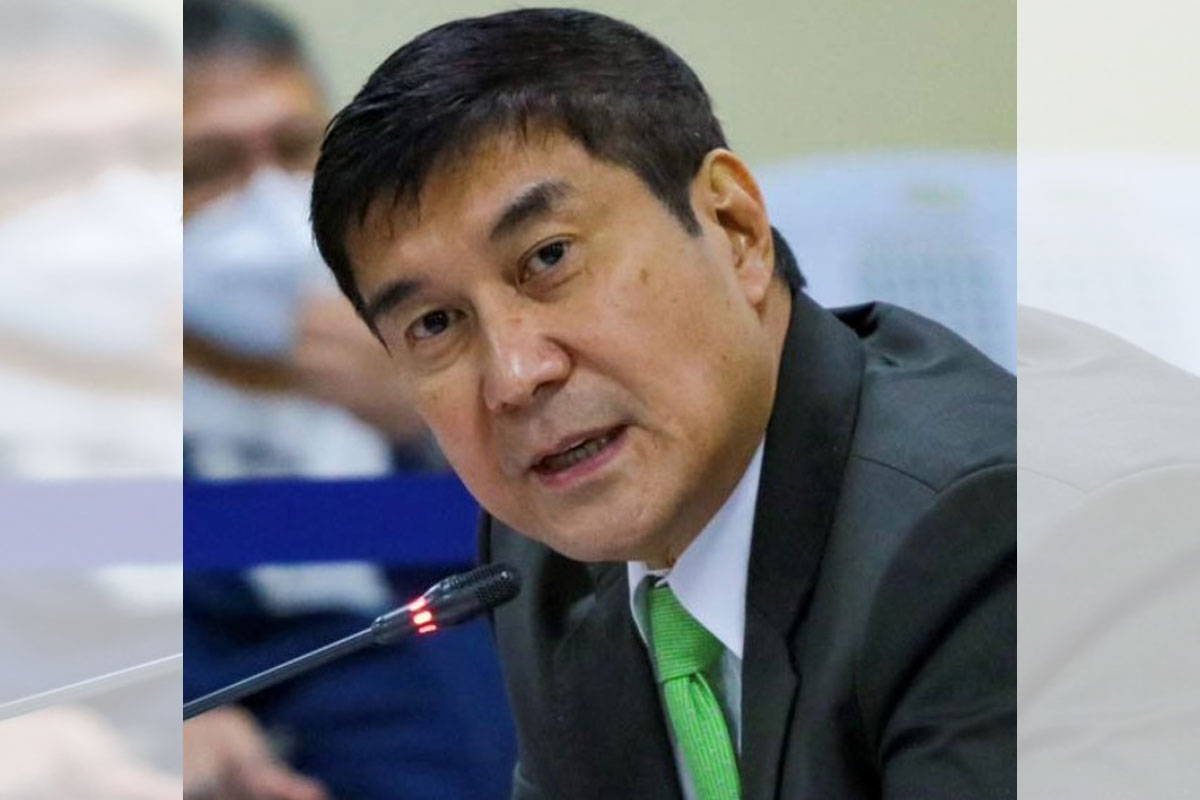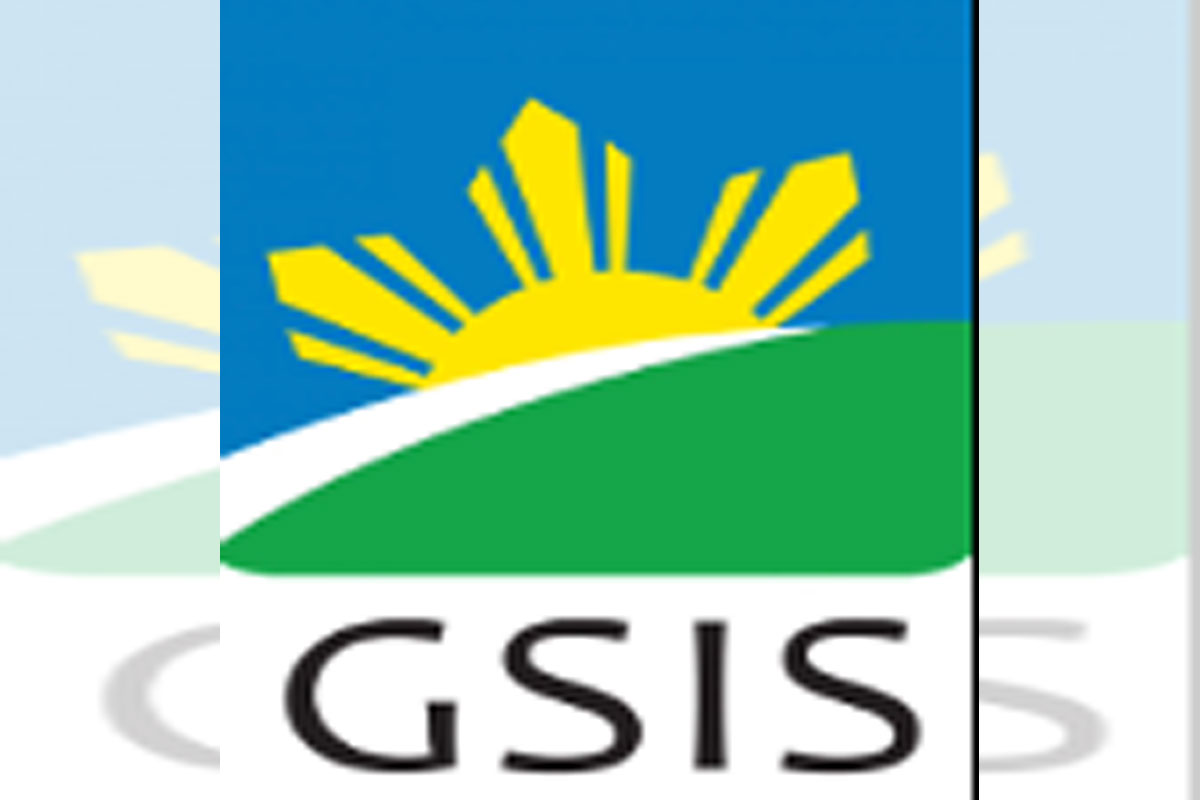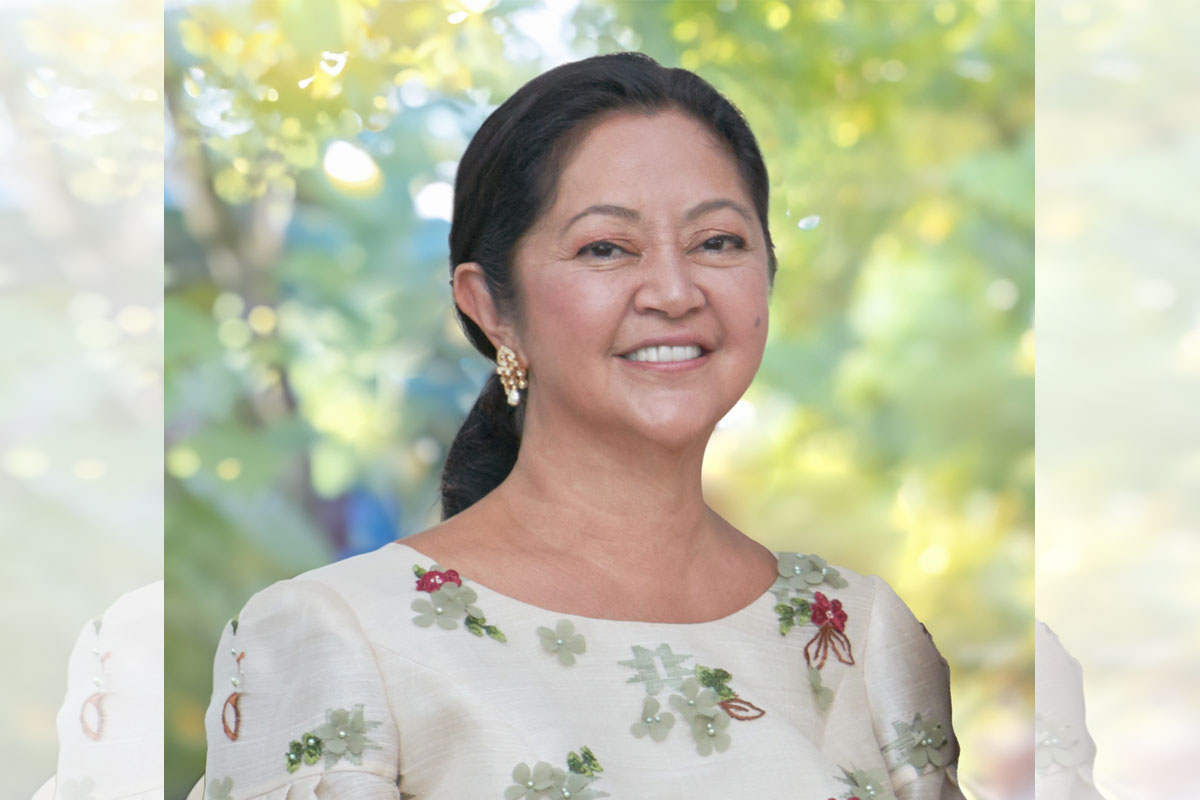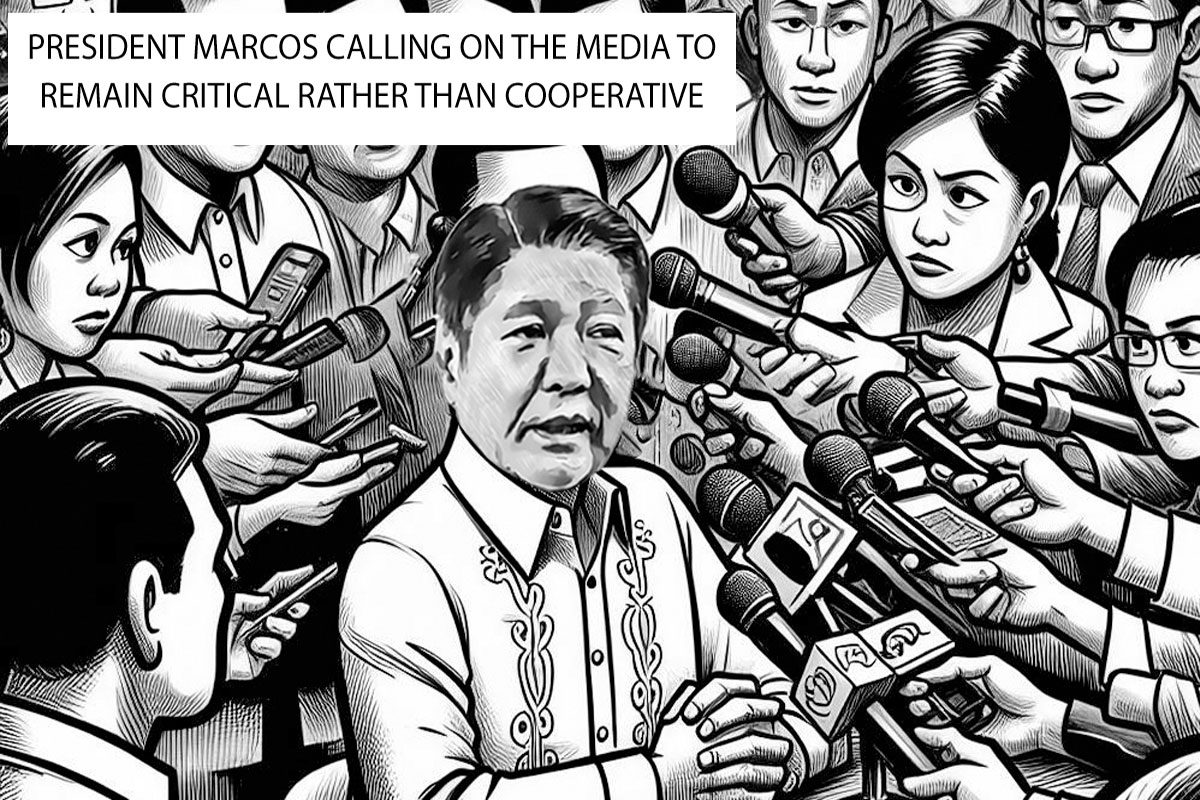
Should schools reopen amid the pandemic?
 PROLONGED absence of face-to-face classes will impact on the competitiveness and productivity of the country’s workforce in the future.
PROLONGED absence of face-to-face classes will impact on the competitiveness and productivity of the country’s workforce in the future.
One of the consequences of face-to-face school closure is less learning among students, according to a government economic expert.
Socioeconomic Planning Secretary Karl Kendrick Chua said based on US studies, online learning is only around 52 percent as effective as face-to-face learning.
This may be less effective in the Philippines as the country uses other forms of learning like modules, which is estimated at 37 percent as effective as face-to-face schooling.
Chua, who is also the National Economic and Development Authority (NEDA) director general, called for the gradual resumption of face-to-face classes to help mitigate long-term impacts of remote learning on students’ productivity and mental health.
Our actions today against COVID-19 do not come without consequences.
There are also costs to future generations, especially on our human capital. Without understanding these, we would not have a complete and objective understanding of what we are doing today.
Management Association of the Philippines co-chair for National Issues Committee Rizalina Mantaring echoed the need to gradually reopen face-to-face schooling.
With the stoppage of education, the Asian Development Bank estimated that every year that a kid is out of school results in 10 percent lower wages in the future.
Education and training of human capital is a major factor that will determine how a country will perform in the future.
The bottom line is that gradually opening schools is becoming important amid the lingering pandemic.
Meanwhile, vaccination of children in the country has yet to start. Earlier, the Health Department said pediatric vaccination will start among 12-17 years old with comorbidities as part of the A3 priority group.
The agency said expanding the vaccination program beyond this group would follow once adequate coverage of the A2 priority group (senior citizens) has been achieved and vaccine supply becomes sufficient to include children.
It also stressed the importance of supply availability of US-made Pfizer and Moderna, the only vaccines with emergency use authorization for 12 to 17 years old issued by the Philippine Food and Drug Administration, and equitable access to medical clearance by a physician for children with comorbidities.
The department emphasized the need for a careful and planned rollout of vaccines for children.
Considering that the risks of contracting severe Covid-19 infection or dying from it is significantly lower for healthy children, the benefit from vaccination relative to the risk of a healthy child is also lower compared to a sick child, adult, or senior citizen.
The DOH has renewed its call for those eligible among the adult population to get vaccinated to also protect children who cannot receive the shots yet.
Efforts to reopen schools could gain more support and momentum if children are vaccinated.
**
For comments, please call or text 09569012811 or email [email protected]


